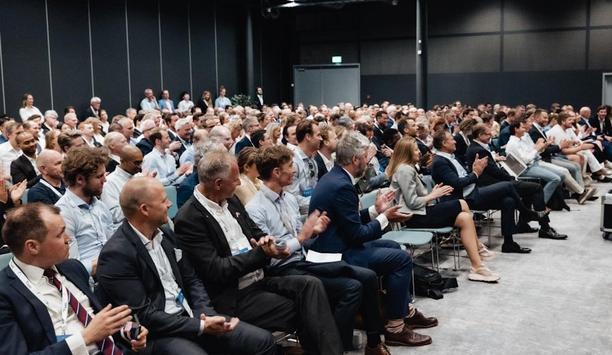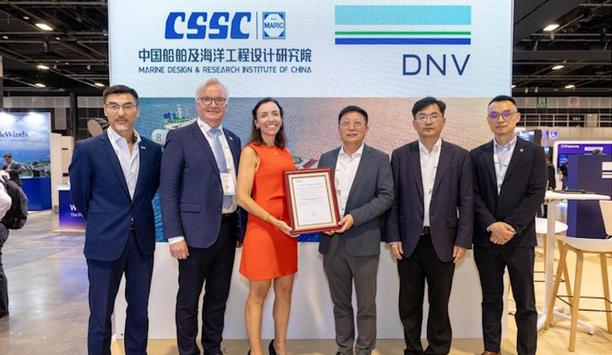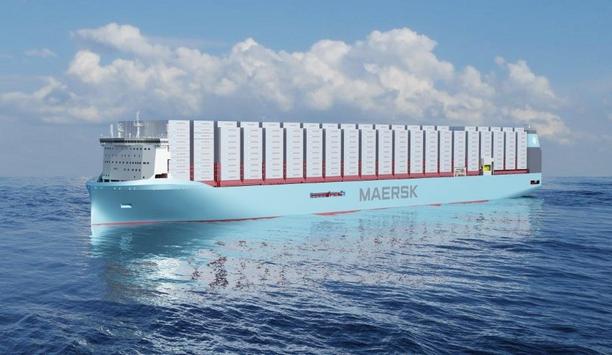Viasat Inc. a Communications Company and INMARSAT, a provider of mobile satellite communications services, remain committed to working with the UK’s Competition and Markets Authority (CMA) to demonstrate how their planned transaction will benefit airline, passenger and enterprise users of In-Flight Connectivity (IFC) in aviation businesses.
Working with CMA
“There is great interest in ubiquitous, high-performance, affordable IFC, so the CMA’s decision to proceed to a Phase 2 review is not unexpected, even though IFC represents less than 10% of the revenues of the combined company,” said Mark Dankberg, CEO and executive chairman, Viasat.
“This is still a nascent, dynamic and rapidly evolving business, with existing providers and extremely well-financed new entrants bringing new technologies and new business models to increase adoption among airlines, passengers and aircraft types.”
“We intend to work closely with the CMA to show that our transaction will benefit customers by improving efficiencies, lowering costs and increasing IFC availability around the world—and to reach a satisfactory conclusion in Phase 2.”
Strong competition
There is no lack of competition in satellite connectivity for the aviation sector
“There is no lack of competition in satellite connectivity for the aviation sector,” said Rajeev Suri, Inmarsat CEO. “Strong players are already offering in-flight connectivity and the new low-earth orbit (LEO) players—which already operate over half the satellite broadband capacity available globally—are aggressively and successfully targeting aviation.”
“We expect competition to be robust in the years ahead and, together, Viasat and Inmarsat will be well-placed to invest in the technologies needed to meet the growing needs of aviation customers and compete with the LEOs and others.”
“In addition, the highly complementary combination of Viasat and Inmarsat will support the UK Government’s objective to drive growth by providing more jobs and investment in the UK space industry than we expect could be provided by Inmarsat as a standalone satellite communications provider,” Suri added.
Key regulatory approvals
As their engagement with the CMA progresses, the companies will determine and communicate any updated expectations for closing.
The proposed transaction has already secured several key regulatory approvals, most recently with the UK Government’s clearance of the proposed transaction under the National Security and Investment Act and over the summer from the Committee on Foreign Investment in the United States.











